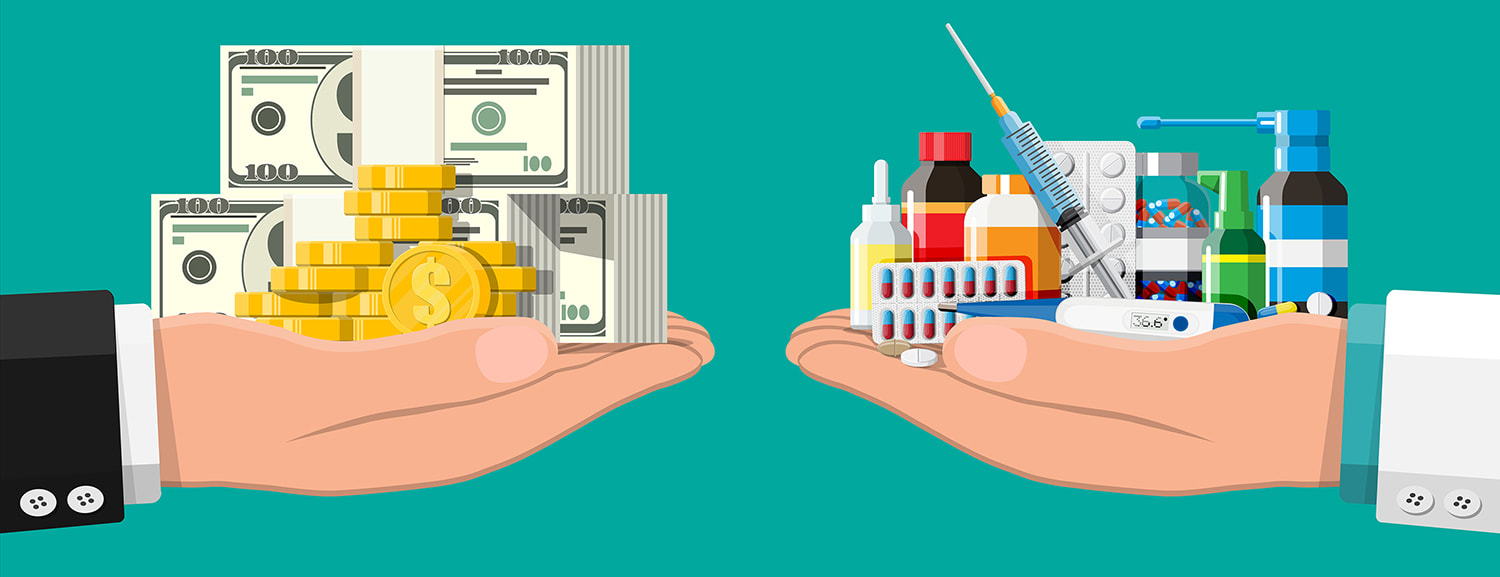The 23rd World Insights
Exploring the untold stories and events from around the globe.
Health Insurance: The Unseen Hero of Your Wallet
Discover how health insurance can save you money and protect your finances. Unlock the secrets to smart spending today!
Understanding Health Insurance: How It Protects Your Finances
Understanding health insurance is essential for managing your healthcare costs and protecting your financial well-being. At its core, health insurance is a contract between you and an insurance company that provides financial coverage for medical expenses. By paying a monthly premium, you gain access to essential services, such as hospital visits, prescription medications, and preventive care. This can significantly mitigate the financial burden of unexpected healthcare costs. According to the HealthCare.gov, having coverage not only helps safeguard your finances but also promotes better health outcomes, allowing you to receive timely care without the stress of overwhelming bills.
Moreover, health insurance typically includes a variety of plans that cater to different needs, including individual plans, family coverage, and employer-sponsored options. Each plan outlines a specific set of benefits and costs, which can include copayments, deductibles, and out-of-pocket maximums. Understanding these terms is crucial, as they greatly affect how much you will ultimately pay for your healthcare. For instance, The Kaiser Family Foundation provides in-depth information about high-deductible health plans, helping consumers make informed choices to protect themselves financially while ensuring they have access to necessary medical services.

Top 5 Ways Health Insurance Can Save You Money
Health insurance can be a significant expense, but it can also serve as a valuable tool for saving money in the long run. One of the primary ways it does this is by protecting you from high medical costs. When you have coverage, you are less likely to face exorbitant bills for unforeseen emergencies, such as surgeries or hospital stays. Instead of paying out-of-pocket, your insurance plan helps cover these costs, often leaving you with just a manageable copayment or deductible. This safety net can make a huge difference in your financial health.
Moreover, many health insurance plans include preventive care services at no additional cost. This means you can get essential screenings, vaccinations, and check-ups without worrying about co-pays or deductibles. Regular check-ups can catch potential health issues early on, ultimately reducing your risk of facing even greater medical expenses down the line. According to the CDC, individuals with insurance are more likely to seek preventive services, which can lead to better health outcomes and cost savings.
Is Your Health Insurance Working for You? Key Questions to Consider
When evaluating whether your health insurance is working for you, it's crucial to ask yourself a few key questions. Firstly, assess your current healthcare needs: Do you have any chronic conditions or require regular medical visits? Knowing this can help you determine if your plan provides adequate coverage. Additionally, consider the out-of-pocket costs associated with your policy. Are your premiums, deductibles, and copayments manageable based on your income? These factors can significantly affect your overall satisfaction with your plan.
Another important aspect to consider is the network of providers included in your health insurance plan. Are your preferred doctors and specialists part of the network? If not, you may face higher costs or limited choices for care. It's also beneficial to evaluate your insurance company's customer service. Are they responsive and helpful when you need assistance? Taking the time to address these questions can ensure that your health insurance does indeed meet your needs, aligning with both your health and financial goals.